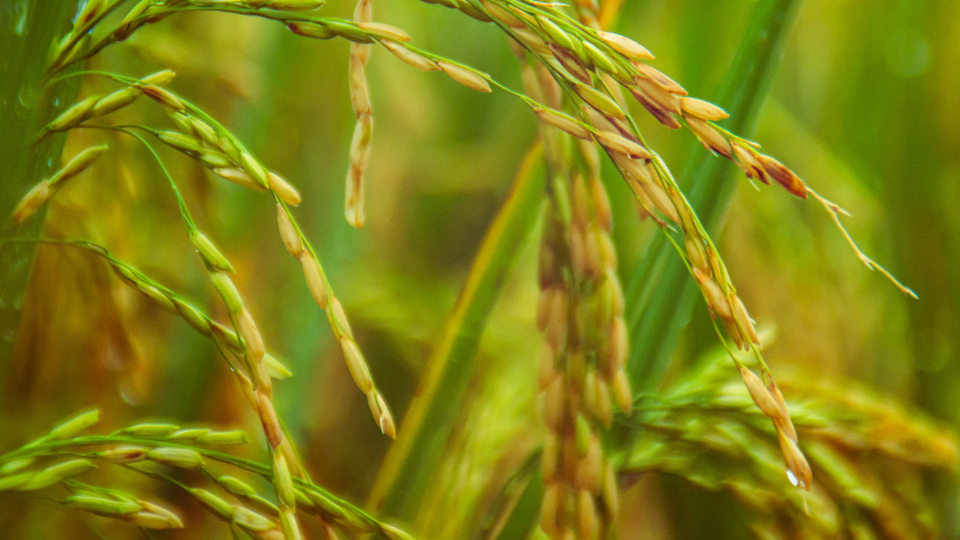In the agricultural world, innovation is key to ensuring not only productivity but also long-term sustainability. Tra le colture più importanti e diffuse, il riso occupa un posto di rilievo, ma la sua produzione spesso richiede un notevole dispendio di risorse idriche e energetiche. However, there are new approaches that promise to revolutionize this sector, making it more eco-friendly and efficient.
The EuRice project: a breakthrough in rice irrigation
The EuRice project, led by Professor Gavino Sanna of the University of Sassari and funded by the Region of Sardinia, aims to evaluate the possibility of producing rice by adopting more environmentally sustainable irrigation methods than traditional ones. Studies conducted by the research team have shown that sprinkler irrigation saves 70 percent water compared to the traditional method, without observing yield declines.
The advantages of sprinkler irrigation
Sprinkler irrigation, as illustrated by the results of the EuRice project, not only saves considerable water but also has a number of additional benefits. This method allows rice to be grown even in soils that are not perfectly level, reduces the use of fertilizers and pesticides, and results in a lower magnitude of bioaccumulation of toxic elements such as arsenic and cadmium.
RiceDox: a prototype for environmental monitoring
We at “Lifely,” in the EuRice project, have developed the RiceDox prototype, suitable for monitoring environmental and climatic parameters critical for quantifying greenhouse gases. This tool makes it possible to assess the environmental impact of different irrigation practices, thus contributing to the overall reduction of greenhouse gas emissions in the rice growing sector.
Conclusions
The adoption of environmentally sustainable irrigation methods, such as sprinkler irrigation, represents a significant breakthrough in optimizing rice production. These solutions not only help conserve water resources and reduce environmental impacts, but also promote the resilience of rice crops to the effects of climate change. Investing in more sustainable agricultural practices is not only a necessity, but also an opportunity to cultivate a better future for our planet and future generations.

